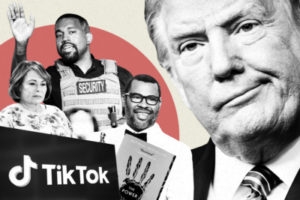Activist communities often tread gingerly around conflict. They know it tears activist groups apart, especially personal conflict. It has done so for decades.
Sometimes even political conflict tears activist groups apart. The groups find it difficult to work through disagreement on even ordinary political issues, especially in their first few meetings. Usually groups come together as voluntarily associations of people interested in a few topics, and they don’t have much in the way of long personal history and built-up trust.
Many groups react to all these things by avoiding conflict. They bury the conflict, pretending it doesn’t exist. In the short term, this provides some benefits. But it’s almost always a long term path to nowhere. Let’s talk about better ways to handle conflict, specifically modified consensus as a model.
Many react to this history by avoiding conflict. They bury it – pretend it doesn’t exist. This can help in the short-term. But it’s almost always a long-term path to nowhere. Let’s talk about better ways to handle conflict.
Continue reading




